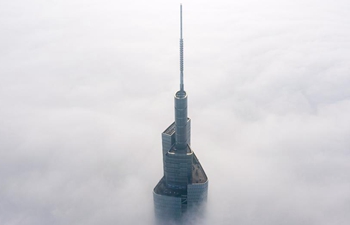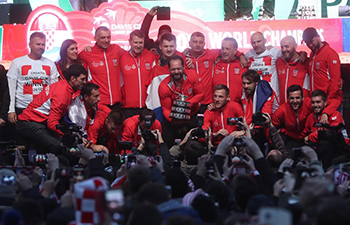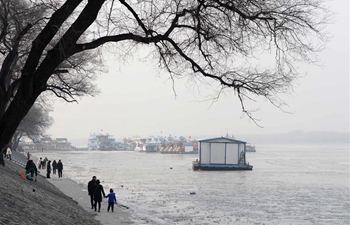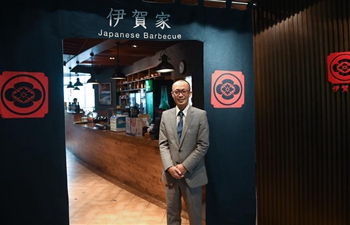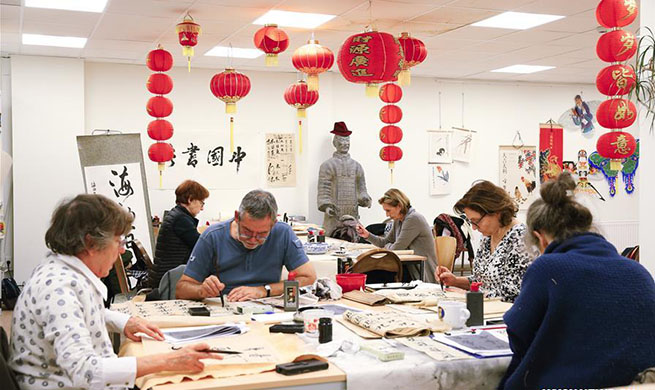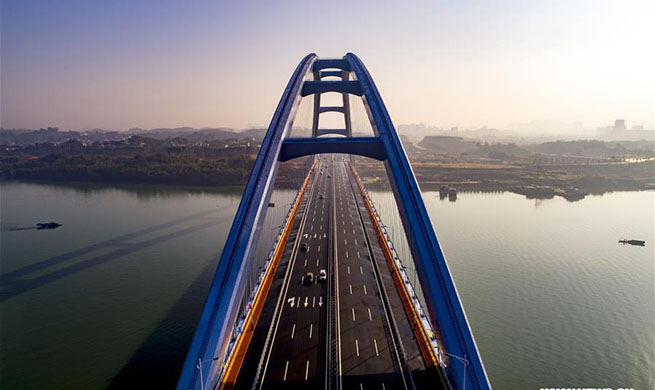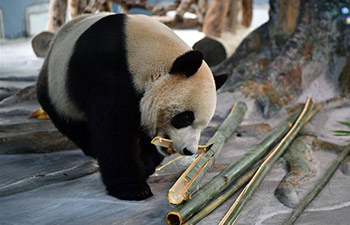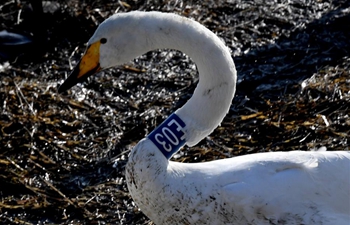BERLIN, Nov. 27 (Xinhua) -- Trade conflicts, rising raw material costs and high investment spending have weighed on the profit margins of international carmakers during the third quarter (Q3) of 2018, a report published on Tuesday by the German branch of the accountancy Ernst & Young (EY) found
Although combined gross revenue of the 16 leading automotive companies in the world rose by 2.3 percent in Q3, the number of total vehicle sales fell for the first time since 2009 by 3.7 percent and the earnings before interest and taxes slumped by 3.3 percent. The findings were based on a regular analysis of quarterly earnings figures conducted by EY.
"The third quarter was disappointing for many automotive corporations and the situation is unlikely to improve as a whole until the end of the year", a statement by EY partner Peter Fuss read. Fuss attributed the weak performance to logistical difficulties stemming from the recent transition to the new Worldwide harmonized Light vehicles Test Procedure (WLTP) and other factors.
The accountancy's report noted that vehicle deliveries by German carmakers were down by 2.3 percent and were hence slightly above the global average. However, their EBIT still declined sharply by 7.6 percent, while revenue was nearly stagnant (plus 0.5 percent) during the period.
Not least thanks to a weaker Yen, Japanese companies fared better than their German counterparts in Q3. Although combined gross revenue of the six carmakers assessed by EY rose by a modest 1.5 percent and deliveries fell by 0.3 percent, they bucked the international trend towards lower EBIT results with a 5.4 percent gain on average.
Looking forward, Fuss cautioned that the German automotive industry would continue to face challenges related to weaker demand and higher costs during the fourth quarter of 2018.
The EY partner predicted that electric mobility would then become an increasingly important topic in the course of the next year. He expressed confidence that the fortunes of carmakers in Germany could improve again in an intensifying "race for leadership in new technologies" when the WLTP transition was not an issue any more.
